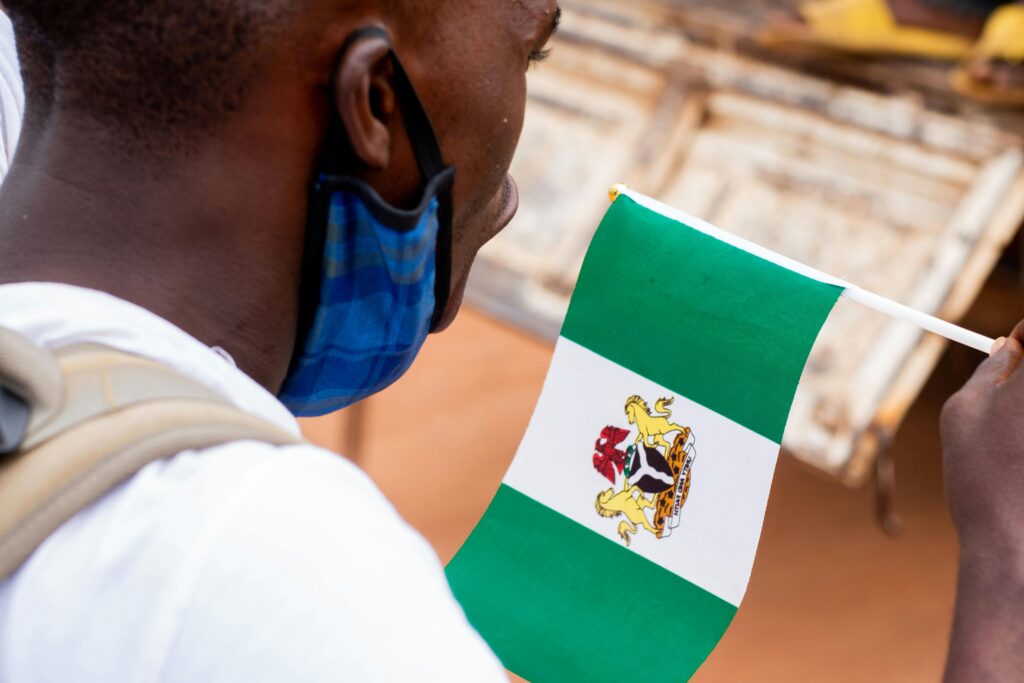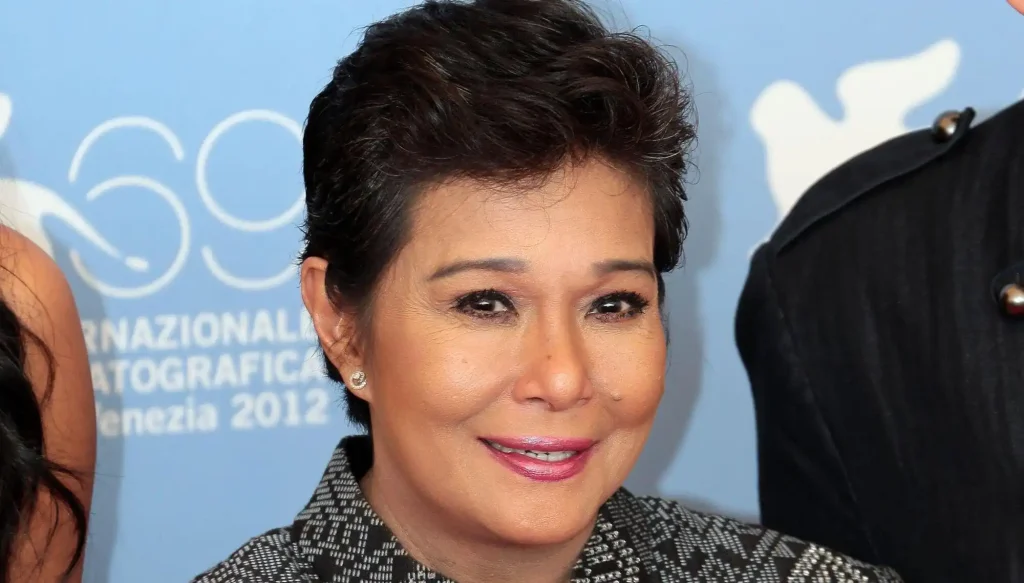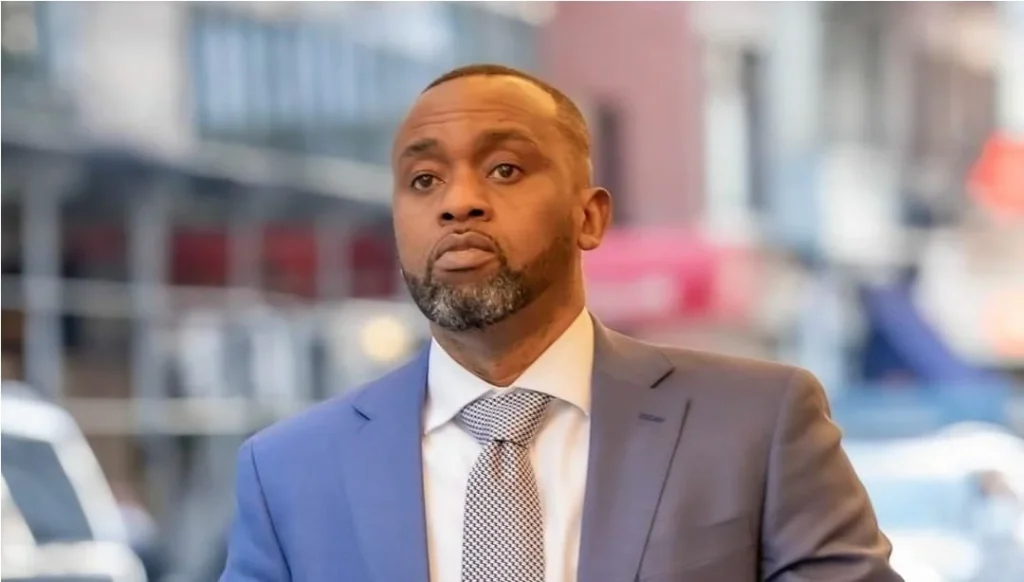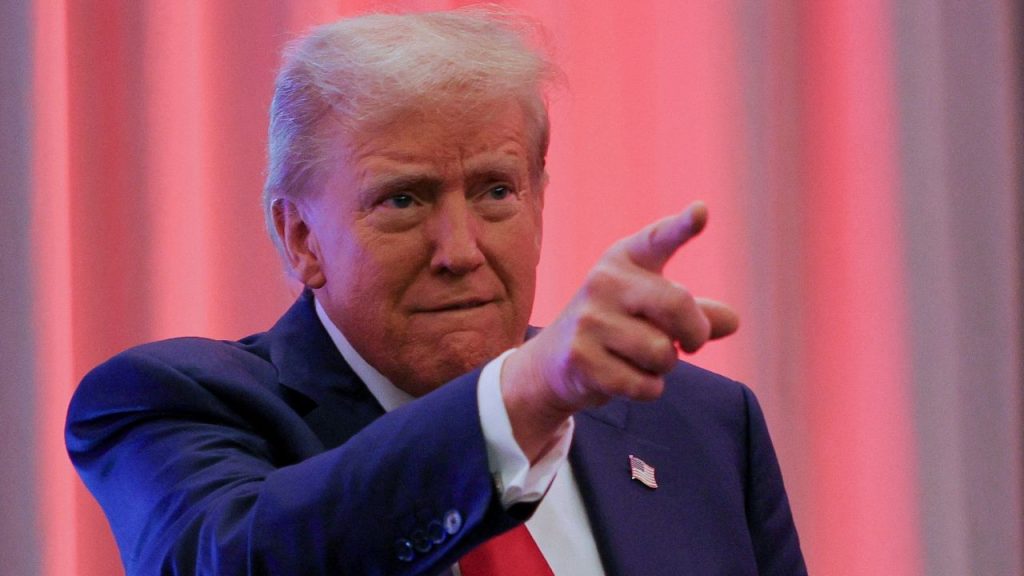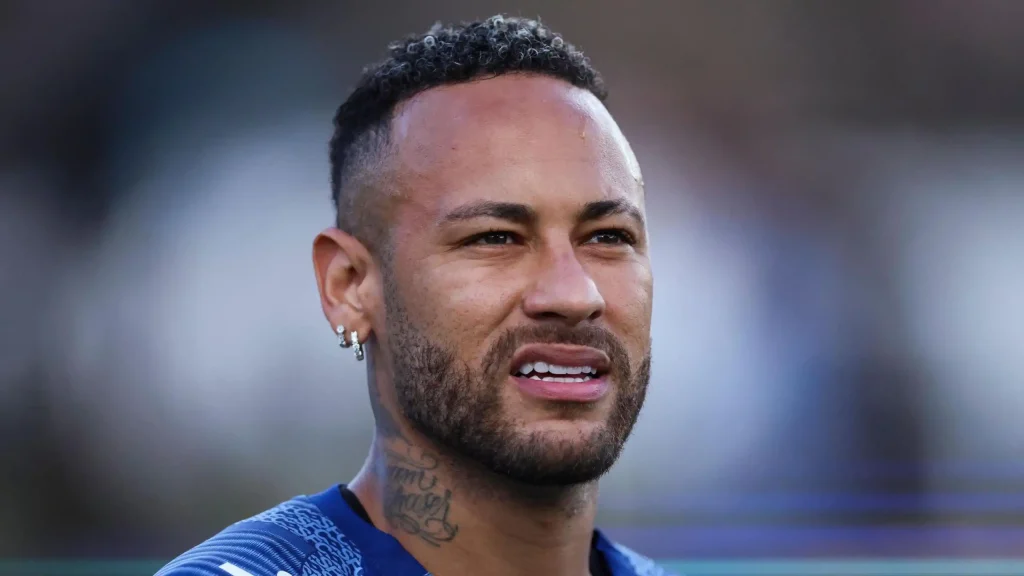The recent incident involving Danladi Umar, Chairman of the Code of Conduct Tribunal (CCT), assaulting a parking attendant in Abuja sparked widespread outrage across media platforms. Despite public calls for his removal, Umar is likely to remain in office due to the constitutional requirement of a two-thirds majority vote from the National Assembly. This raises concerns about the disregard for public opinion among Nigerian public officials.
In Nigeria, public opinion is often disregarded, and officials tend to do as they please. Historian James Bryce emphasized that governments based on popular consent give nations stability and strength. However, this isn’t the case in Nigeria, where public office holders feel they have a monopoly on wisdom.
The consequences of ignoring public opinion are evident:
- Growing Disillusionment: Nigerians feel their country is deteriorating, with no intelligent or public-spirited leadership.
- Rising Insecurity: Boko Haram continues to wreak havoc despite public disdain.
- Ethnic and Religious Tensions: Growing hatred and division threaten national unity.
- Crime and Corruption: Unchecked and widespread, with little effort to address these issues.
Citizens are becoming increasingly disengaged from politics, feeling their opinions are irrelevant. A recent poll showed most Nigerians don’t bother voting, as they believe their voices won’t be heard. As American researcher Irving Crespi notes, public opinion is interactive, multidimensional, and constantly changing. Nigerian leaders must recognize that public opinion matters beyond election time and start valuing the voices of their citizens.

